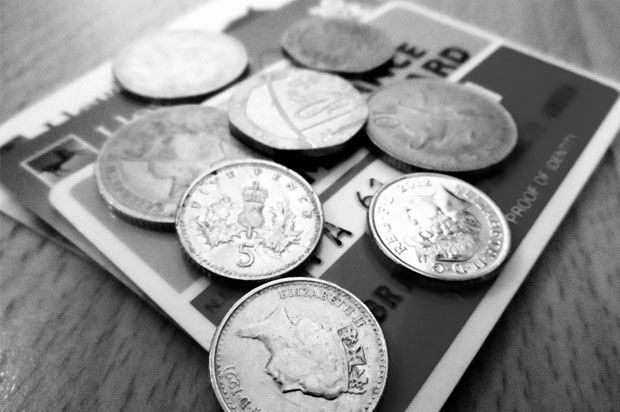Understanding National Insurance contributions
What are National Insurance contributions? Find out why we pay National Insurance contributions (NICs), whether you're liable to pay them and, if so, how much.

How do you avoid losing your NI number?
What do NICs pay for?
The UK’s NI scheme allows you to pay national insurance contributions to build up your entitlement to certain social security benefits, such as the state pension.
Your entitlement to many benefits will depend on your NIC record. If you claim a benefit or tax credit you’ll need a National Insurance number.
Do I have a National Insurance number?
A National Insurance number (or NINO) is your own unique account number. It keeps track of your NICs and any benefits that have been paid to you. You will also need a NINO in other circumstances, such as when applying for a job or opening an Individual Savings Account (ISA).
If you lived in the UK as a child and one of your parents received Child Benefit for you, you should have been registered automatically for National Insurance and received a National Insurance card showing your number just before your 16th birthday.
When you’ve lost your NINO or are unsure what it is, you may be able to find it on official documents, such as your wage slip. If you need help finding it, contact your nearest benefits office or HM Revenue & Customs (HMRC). You can also ring the National Insurance Registrations Helpline on 0300 200 3500.
If you don’t have a NINO, you’re legally obliged to apply for one if you start work or claim a benefit in the UK. If you’re aged 20 or over you should ring the National Insurance number application line on 0345 600 0643 to apply for one.
Remember: you must never let anyone else use your number.
Do I have to pay NICs?
You pay NICs if you:
- Work for an employer or are self-employed
- Are aged between 16 and the state pension age
- If you are employed, and your earnings are more than £157 per week.
You normally only have to pay NICs if you live and work in Great Britain or Northern Ireland. However, there are some circumstances in which you have to, or can choose to, pay NICs while working abroad.
If you’re unsure about whether you have to pay NICs, contact your local Citizens Advice Bureau (CAB) for advice.
If you’re not liable to pay NICs, you may still want to in order to safeguard or improve your benefit entitlement for the State Pension and Bereavement Support Payment. You can do this by paying contributions on a voluntary basis.
Employers also have to pay NICs for each person they employ who is aged 16 or over and whose earnings are above a certain amount.
How much of my salary do I pay toward NI?
For 2023/24, you pay National Insurance contributions if you earn more than £242 a week. You pay 10% of your earnings above this limit and up to £967 a week. The rate drops to 2% of your earnings over £968 a week.
For example, if you earn £2,000 a week, you pay nothing on the first £184, 10% (£181.06) on the next £967 and 2% (£16.98) on the next £849.
How much is National Insurance in 2024?
From 6th April 2024, the National Insurance percentage of earnings paid above £242 per week will change to 8%. The £242 threshold and upper limit of £967 will remain the same.
Have I paid too much in NICs?
There are some circumstances in which you may have paid too much in NICs. This may happen if you stopped being self employed and continued to pay Class 2 NICs. You can find out about the different classes of NICS on gov.uk. HMRC usually gets in touch if you’ve paid a certain amount above the annual limit for Class 1 and/or Class 2 NICs.
However, if you think you’ve overpaid but haven’t been notified, you can write to HMRC after the end of the tax year (5 April). For information about what details to include in your letter, use HMRC’s tool to find out how to get a refund.
Have I paid too little in NICs?
HMRC will send you a notification letter if they believe you’ve not paid or been credited with enough NICs in the tax year shown on the letter. It gives you the opportunity to tell HMRC if you think its record is wrong.
Next Steps
- The Money Helper offers free, unbiased and independent advice about all financial matters. 0800 138 7777
- Chat about this subject on our Discussion Boards.
By Holly Turner
Updated on 25-Jun-2021
No featured article














